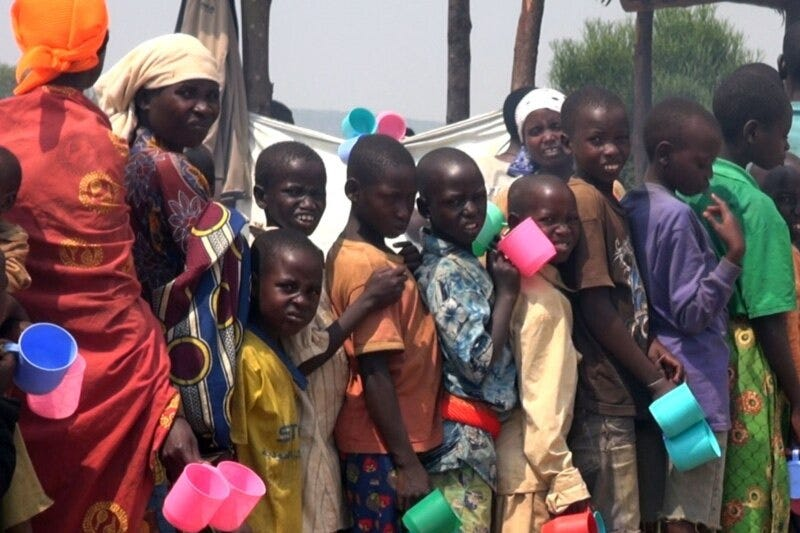UN Funding Cuts Affect Migrant Children's Education in Rwanda
To survive in Rwanda’s refugee camps, a large number of migrants are dependent on outside income. Children of migrants receive money for their schooling. The largest source of assistance for migrants residing in Rwanda has been the United Nations.
Over 100,000 migrant families in Rwanda are currently impacted by reductions in UN financing. Children in Rwanda’s five refugee camps depend on the UN agency for refugees to cover their educational costs.
Epimaque Nzohoraho, a Burundian refugee in Rwanda, spoke with the media about the circumstances. He explained that the United Nations refugee agency has ceased funding his son’s schooling, thus he is unable to attend classes.
This year, 553 migrant students are anticipated to attend boarding schools. In Rwanda, boarding institutions charge an estimated $80 in tuition. But their education will be impacted by the UN funding reductions. This year, they might not be able to attend residential schools.
The United Nations High Commissioner for Refugees, or UNHCR, stated last month that financing for shelter, food, education, and health care will be reduced. The United Nations High Commissioner for Refugees had anticipated receiving $90.5 million in funding. But by October, barely $33 million had come in.
Human rights organizations demonstrated against the UK Home Office’s sending of children to Rwanda last year. Former British Prime Minister Boris Johnson declared, “Anyone entering the UK illegally… may now be relocated to Rwanda.”



Comments
Post a Comment